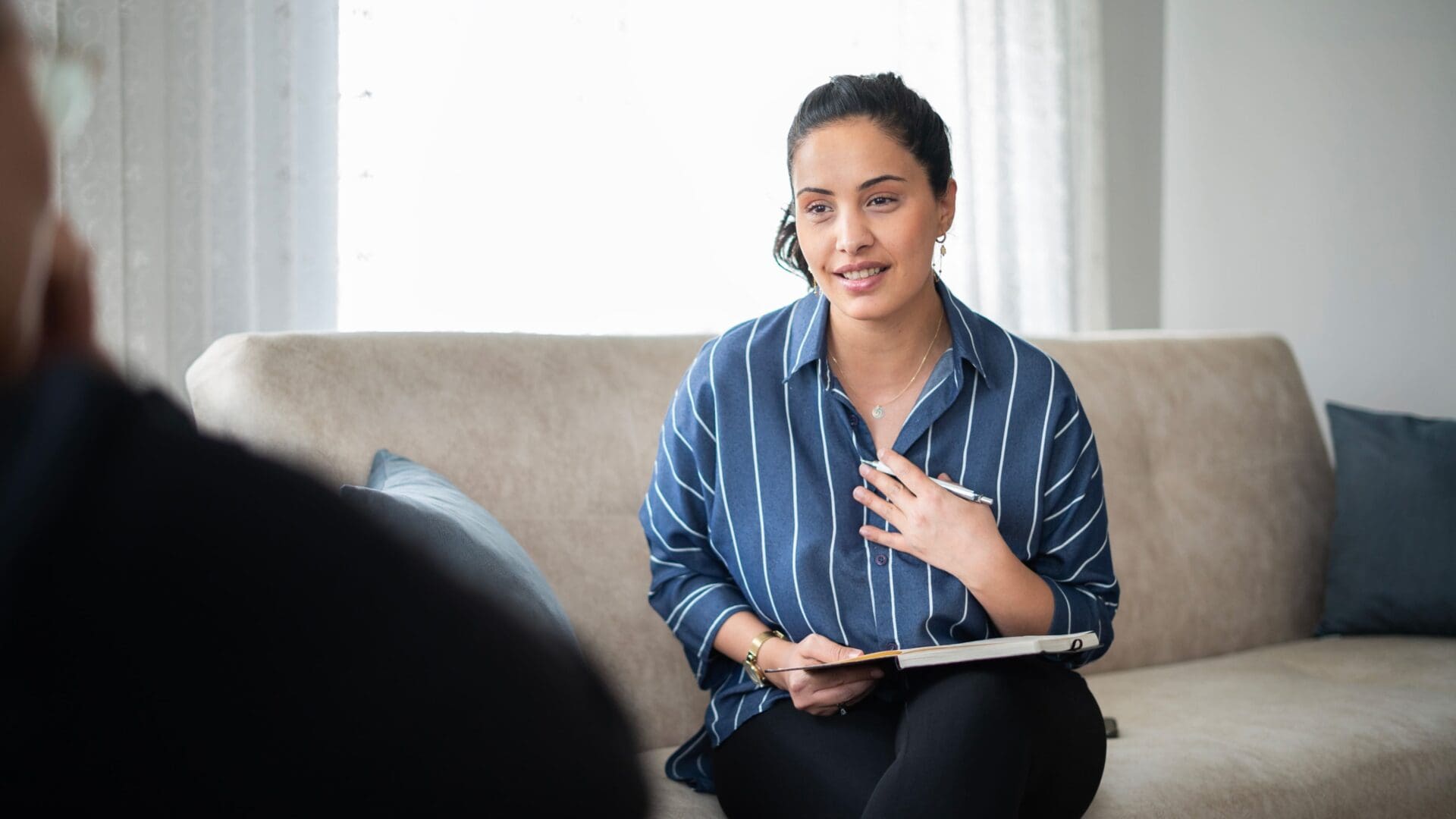
Our Treatment Philosophy.
Unconditional Positive Regard
Unconditional positive regard builds strong connections by promoting respect and open communication.
Unconditional positive regard is accepting and supporting someone without judgment. It helps people feel valued and understood, and it’s an important part of caring for those who have gone through tough experiences.
LifeBridge employs evidence-based practices (EBPs), which are crucial in mental and behavioral health counseling. These practices ensure that clinicians provide effective treatments tailored to clients’ individual needs, cultural backgrounds, and preferences. EBPs combine the best available research, clinical expertise, and client values to improve outcomes.
LifeBridge is committed to continuous training in EBPs to enhance our clinicians’ skills and understanding of the effects of complex trauma. Among the various EBPs utilized, our clinicians are specifically trained in three primary approaches to support children, adults, and families who have experienced trauma.

Trauma-Focused Cognitive Behavioral Therapy (TF-CBT).
TF-CBT is an evidence-based treatment designed to help children, adults, and families overcome the negative effects of trauma from single or multiple events. Trained clinicians can assist clients in managing emotional impacts, and over 80% of those treated show improvement, often within 16 sessions.
Research has proven TF-CBT's effectiveness in reducing trauma-related symptoms, shame, depression, anxiety, and disruptive behaviors while also lowering parental distress and improving parental support. The treatment includes psychoeducation, relaxation techniques, self-soothing methods, and cognitive coping strategies.

Attachment, Regulation, and Competency (ARC).
The ARC framework, developed in partnership with the National Child Traumatic Stress Network (NCTSN), is a flexible, component-based intervention designed for children and adolescents who have experienced complex trauma and their caregiving systems. This framework is grounded in attachment theory, risk and resilience factors, and normative childhood development. It consists of ten core building blocks, which include learning to manage underlying feelings, responding to another person's emotional needs, and establishing routines and rituals.

Kniffley Racial Trauma Therapy Model (KRTTM).
KRTTM focuses on improving clinician competency in supporting urban youth of color by tailoring interventions to their needs.
It addresses three key areas:
1. Understanding the effects of race-related stress and trauma on mental and physical health and relationships.
2. Using evidence-based tools to assess the impact of discriminatory experiences.
3. Applying culturally relevant therapeutic techniques grounded in racial identity exploration and development, racial trauma processing, and skill development.


